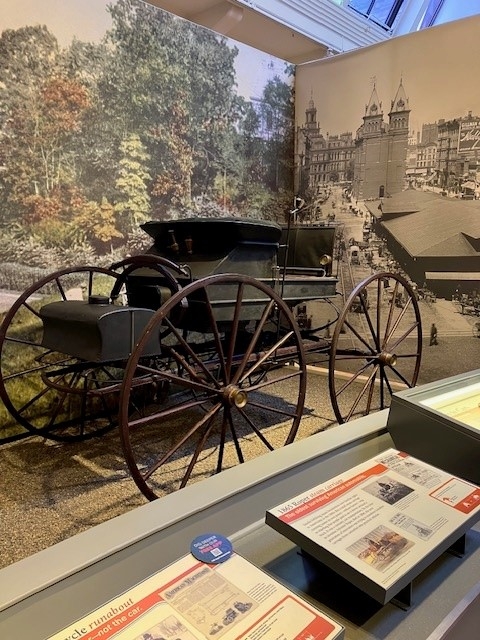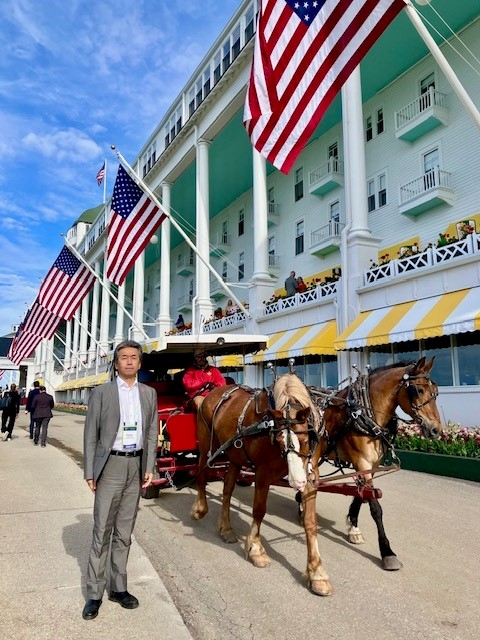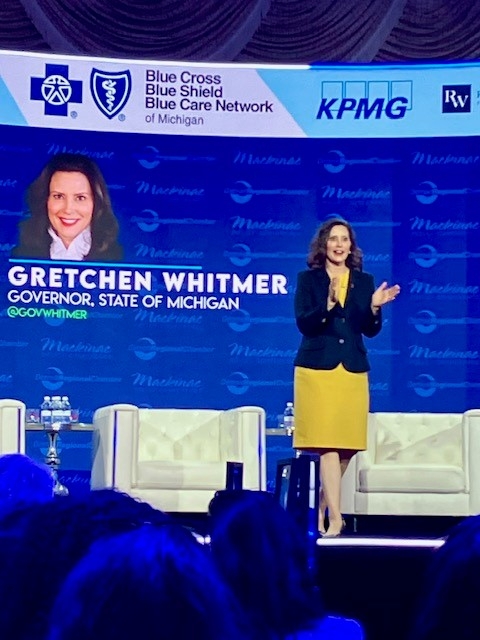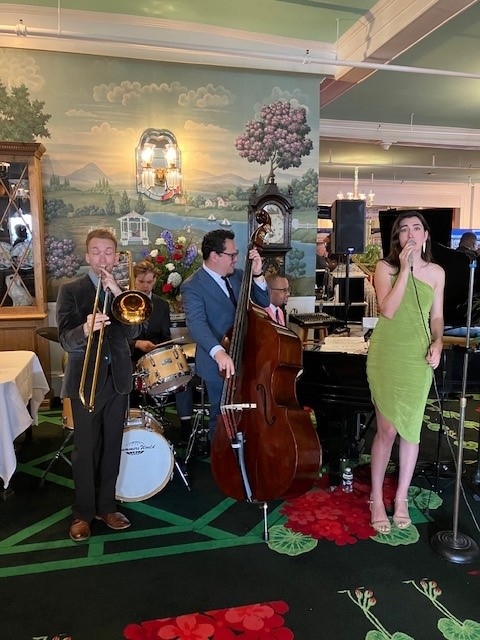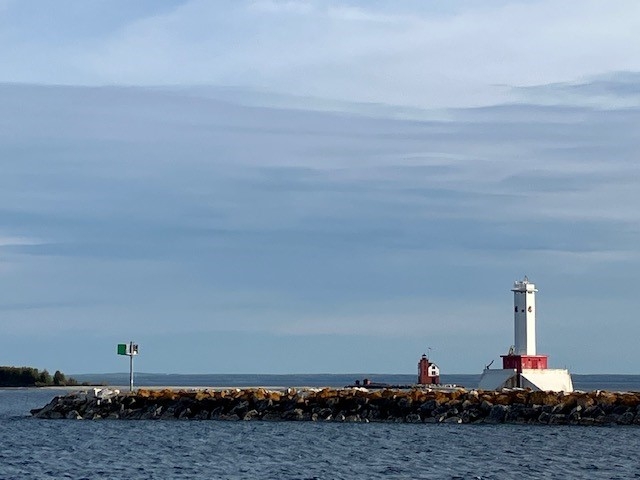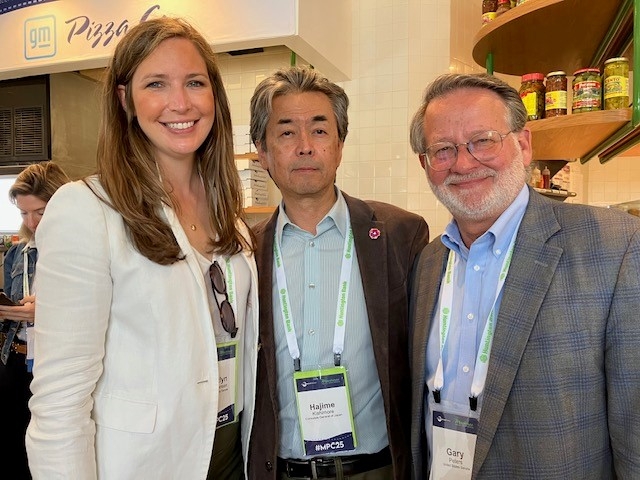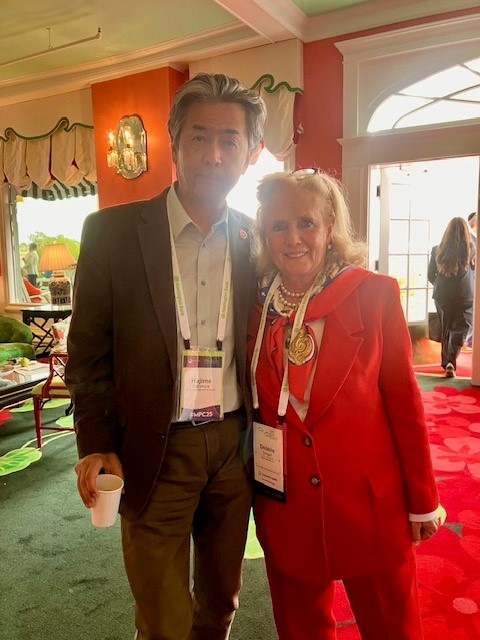Through the Eyes of the Consul General of Japan in Detroit
2025/6/17
Through the Eyes of the Consul General of Japan in Detroit
Vol.6
Michigan Means Cars — Yet on Mackinac Island, Taxis Are Horse-Drawn Carriages
Vol.6
Michigan Means Cars — Yet on Mackinac Island, Taxis Are Horse-Drawn Carriages
June 17, 2025
Hajime Jimmy Kishimori
Consul General of Japan in Detroit
Hajime Jimmy Kishimori
Consul General of Japan in Detroit
The automobile, invented by Karl Benz in 1886, became a means of transport for the masses with the mass production of the Ford Model T in the early 20th century. Between 1908 and 1927, Henry Ford produced 15 million units, and in 1914, he raised the minimum wage for workers from $2 to $5. With increased purchasing power, these workers became customers of the very cars they built. Following the Great Depression, Chevrolet (now part of GM) rose to prominence, and together with Chrysler, the “Big Three” were formed. Detroit, Michigan became the undisputed motor capital of the world.
Even with the massive influx of Japanese cars in the 1970s and 80s, Detroit's municipal bankruptcy in 2013, the spread of electric vehicles, and Chrysler’s transition to Stellantis (headquartered in the Netherlands), the automobile industry still accounts for over 20% of Michigan’s GDP, and its dominance remains unshaken.
I participated in the Mackinac Policy Conference (May 27–30), where leaders from Michigan’s political and economic spheres gathered. Mackinac Island, a small island in Lake Huron, is about a six-hour drive north from Detroit, followed by a 20-minute ferry ride. Upon registration at the Grand Hotel, I received five taxi tickets. When I used one, a two-horse-drawn carriage arrived. On Mackinac Island, motor vehicles are prohibited; the only modes of transportation are horse-drawn carriages and bicycles. While not necessarily aiming to align with the current decarbonization trend, the island's policy results in the ultimate eco-lifestyle.
This 44th annual Mackinac Policy Conference featured U.S. Senators Gary Peters and Elissa Slotkin, State Representatives like Debbie Dingell, Governor Gretchen Whitmer, Detroit Mayor Mike Duggan, and many members of the state legislature — a gathering resembling a Michigan version of the World Economic Forum in Davos, Switzerland. Hosted by Detroit Regional Chamber President Sandy Baruah, the event had 91 corporate sponsors divided into six tiers: Diamond, Ruby, Platinum, Gold, Silver, and Bronze. Throughout the conference, meals and coffee were readily available, and receptions featured offerings such as ice cream, popcorn, Bloody Marys, and smoothies, courtesy of various sponsors.
In addition to the official agenda, numerous side events and business meetings took place simultaneously, with more than 1,500 attendees (only three of whom were Japanese, myself included). NFL Detroit Lions quarterback Jared Goff and several female basketball players also attended. There’s arguably no better place for building professional connections in Michigan.
While the conversation between Detroit’s revival leaders Mayor Duggan and Dan Gilbert, and Ian Bremmer’s succinct geopolitical analysis were memorable, the most striking session was when Ford Motor Company Executive Chair Bill Ford and his daughter Alexandra spoke about innovation. A great-grandson and great-great-granddaughter of Henry Ford — the man who built the automotive empire — spoke passionately about a future beyond cars, on an island where cars are not allowed. As for Michigan Central and Newlab, which may one day help Detroit surpass Silicon Valley, I’ll save that story for another time.
